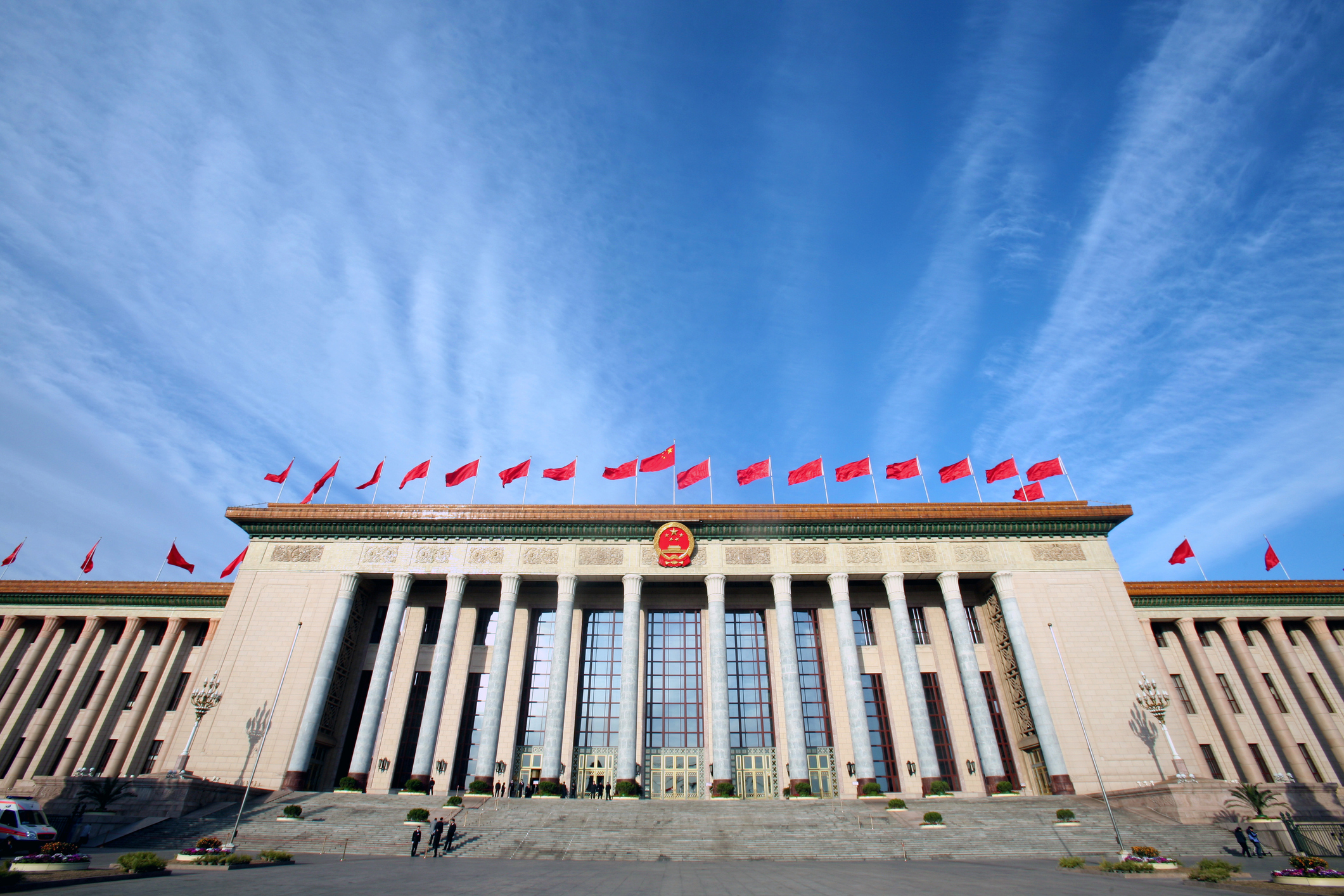The release of the live-action version of Mulan last week, a recreation of the animated film of the same name released in 1998, caused controversy in the West. After both of the film’s lead actors, Liu Yifei and Donnie Yen, expressed support for the actions of the Hong Kong police in stifling pro-democracy campaigners, there were calls for a mass boycott of the film.
While calls to boycott the film had been relatively subdued prior to its release (some free speech advocates rightly questioned the need of a boycott simply because a film’s actors hold views some may find unsavoury), the campaign gained momentum after the film’s release, as it was found the film was linked to Chinese authorities who have imprisoned Muslims in concentration camps.
Pro-democracy activists in Hong Kong were quick to point out that the film’s credits thank the Xinjiang authorities, and in particular the city of Turpan’s Public Security Bureau in the region. The Xinjiang authorities, and the Public Security bureau more specifically, has been one of the main public bodies operating a series of concentration camps in which as many as 1.5 million Muslims have been detained. Human rights violations, including sterilisation, torture and forced labour, have been reported by survivors of the camps. Read Lit’s explainer on the topic here.
The 2020 Mulan remake has also attracted criticism for its handling of Chinese culture and its seemingly inadvertent regurgitation of contemporary Chinese nationalist myths. The film portrays a messy mish-mash of Chinese cultural history – set in Xinjiang, a province of North-West China, yet depicting architecture (such as Tulou, distinctive round buildings built by the Hakka Chinese) normally seen in the south of the country. And in the film, Mulan fights on behalf of the Chinese emperor to protect Xinjiang (though it is not explicitly named) against a fictitious enemy. This fictitious enemy has united tribes in rebellion against the Chinese emperor, in an attempt to make Xinjiang independent of China. Dressed entirely in black – possibly a nod to negative Chinese perceptions of Islam – these united tribes have threatened to reacquire the Chinese-led territory.
This narrative will likely cause unease for anyone acquainted with the real-life politics of this province: the Chinese government’s mass incarceration of 1.5 million Uighur Muslims in the region was, it claims, in response to a series of terrorist attacks committed by separatist Uighurs who view the Xinjiang territory as historically theirs, and not China’s. Some Uighur Muslims view it that China colonised Xinjiang, which historically was inhabited by those of Turkic descent. The 2020 Mulan remake effectively acts as a Chinese nationalist retelling of the conflict in the region over the last few years.
Foreign Policy’s review of the film could not help but draw the inevitable conclusion that the film’s message is that it is honourable to acquiescence to an all-powerful Chinese leader – a message that would be entirely supported by the Chinese authorities, who oversaw the production of the script. This is in stark contrast to the poem the Mulan film was originally based on, which depicts Mulan as the servant of a minor leader of Northern Chinese territories, not the leader of a unified pan-Chinese region. The message of the original Mulan poem is primarily that working hard (as Mulan, who in the poem has no real talent for battle, is transformed through diligence and her duty to protect her father into a warrior) can lead to honour and glory. Such a message ties into age-old Confucianist ideals of duty and perseverance. Yet in the 2020 adaptation, Mulan was born a powerful woman, and so no such transformation exists. Foreign policy commented:
“…it [the 2020 film] arrives at the most depressing and narrow version of the story possible: Service to the emperor will absolve you of all your deviant faults. Perhaps that was the lesson Disney chose to heed when they made their location decisions.”
It appears that a multi-million Disney venture has created a film written entirely by white westerners, yet featuring narratives dictated or endorsed by the Chinese government. While the 2020 Mulan film may seem an isolated case, it raises much broader questions about how multinational western corporations choose to cooperate with China. Films and other media content must pass the Chinese government’s censorship process in order to access a mass potential audience in Chinese theatres.
When companies such as Disney choose to expand operations to the burgeoning eastern market, it is perhaps inevitable that there is to be a trade-off between creative license and financial gain. In an increasingly globalised world with multinational corporations naturally wishing to capitalise on the very large Chinese market, is it possible that content viewed in the West will increasingly have gone through a censorship process operated entirely by the Chinese government. The question, surely, is whether western audiences will be fine with this. And, more to the point: do boycotts still work when most films are viewed as part of large streaming catalogues with a monthly subscription?
